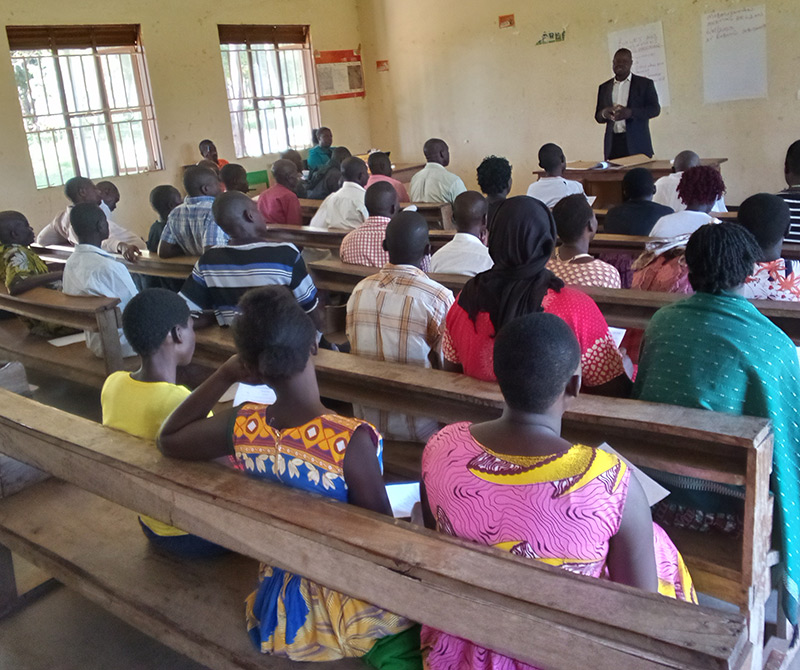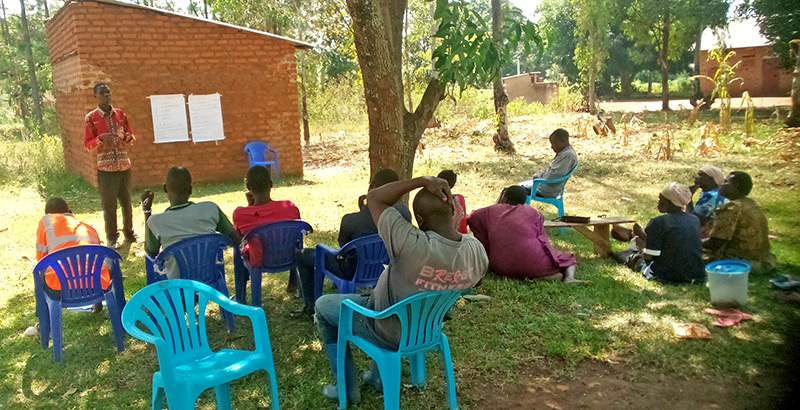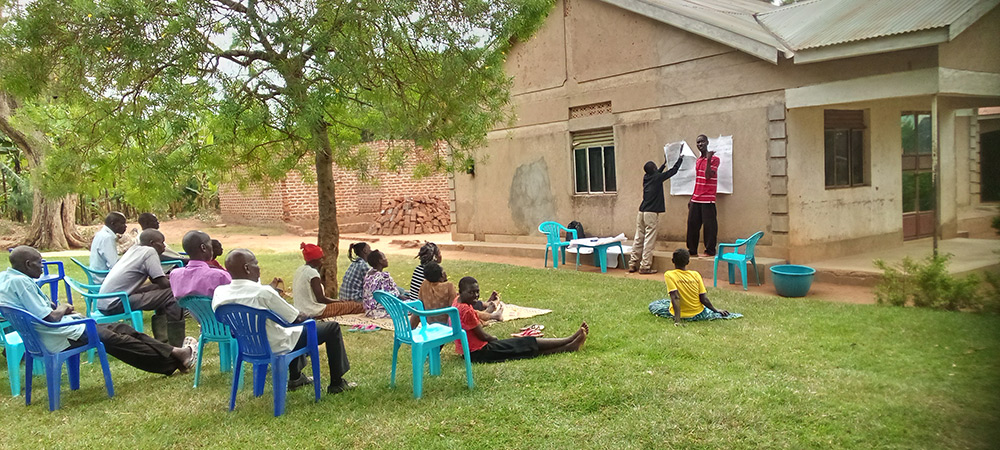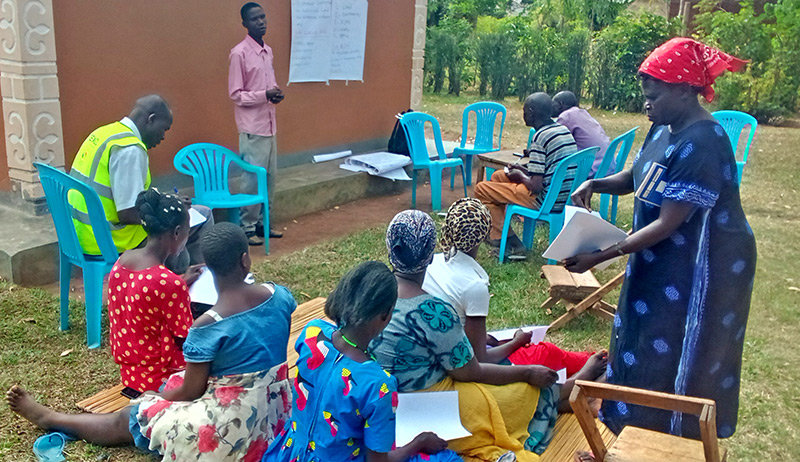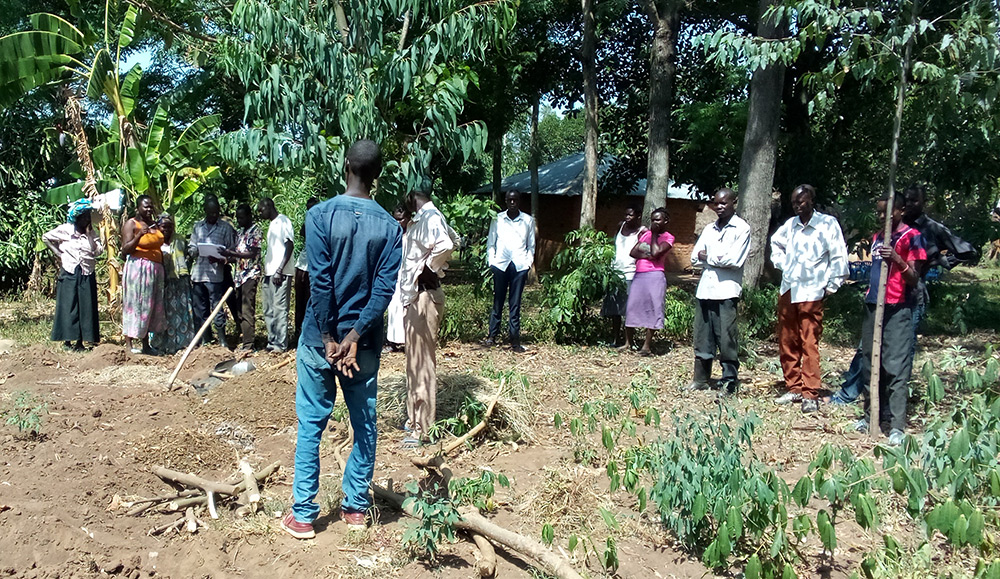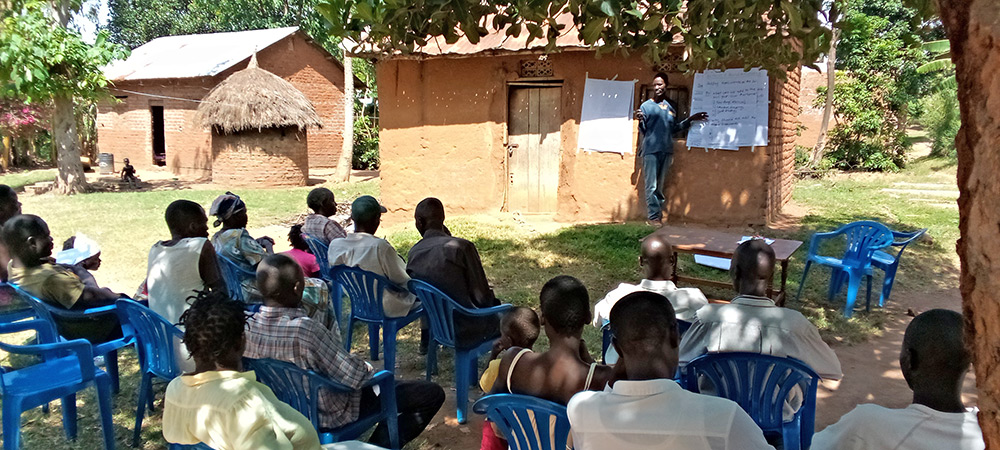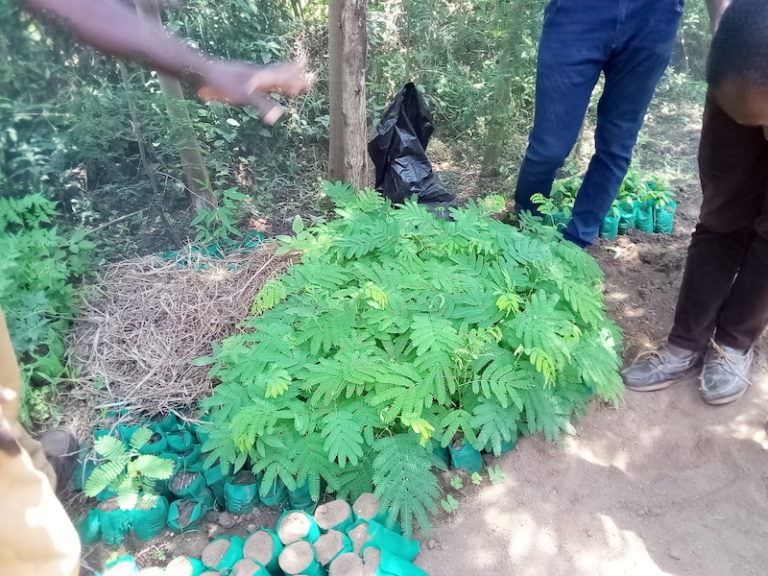Food Security and Nutrition
Land and Environmental Rights Watch Africa is mandated to intervene in the above-cited contextual challenges, through the following programmatic objectives:
Improving nutrition and food security is LERWA’s primary goal as part of our mandate to empower communities for sustainable land and environmental rights protection. Therefore, all LERWA’s projects ultimately contribute to this.
The FAO reports there are up to 828 million people suffering from hunger globally. Many more are lacking essential vitamins and minerals – a form of malnutrition called hidden hunger. Access to sufficient nutritious food is vital for pregnant women, breast-feeding mothers, and children in their first 1,000 days of life. Nutritional deficiencies weaken the immune system of children and can, in combination with general undernourishment, lead to physical disabilities and limited mental development for the rest of their lives.
LERWA’s strategic focus is on achieving sustainable food and nutrition security for the most vulnerable. Our projects address failures in food and economic systems in order to eradicate hunger, in all its forms. In close collaboration with local communities and partner organizations, we link the five key areas of agriculture, resource management, alternative incomes and knowledge about nutrition) to empower rural families to fulfil their human right to food and nutrition security. We place great emphasis on the inclusion of women in important decision-making processes.
LERWA-Land and Environmental Rights Watch Africa believes that agroforestry especially using the Forest Garden Approach is an appropriate intervention strategy to prevent and mitigate the above cited hazards.
A Forest Garden is a multi-layered, integrated agricultural system that combines diverse plants and animals into one area to sustainably produce a variety of products and environmental services. It is an agricultural system designed to resemble a forest ecosystem, which is one of the most productive systems on earth. Forest Garden designs incorporate a wide variety of edible plants along with those that provide both timber and non-timber forest products in combinations that maximize beneficial interactions and minimize negative effects on each other and the system as a whole. Forest Gardening is a practice that incorporates technologies and concepts from both agroforestry and permaculture. They incorporate a wide variety of perennial plants that will continue to grow year after year requiring minimal maintenance. Properly managed, it produces fruits and vegetables of higher quality and nutritive value than those produced through monocultures. The innate diversity of Forest Gardens protects crops from devastating pests and disease outbreaks. They also act as a buffer against deforestation by providing an alternative source for goods and services that people would otherwise collect from natural forests. When fully established, a Forest Garden is also temporarily optimized to provide a harvest nearly every day of the year.
Food production for consumption and sale is the primary objective of the Forest Gardens but other products may include fuelwood, fiber, fodder, fertilizer, dyes, artisan and medicinal plants.
Since its establishment, LERWA has supported and trained over 802 smallholder farmers in the rural communities of Tororo district to establish forest gardens. As a result, the family nutrition of the farmers' households improved. A number of beneficiaries testified to no longer struggling to find vegetables to feed their families since they established their permagardens. Additionally, livelihoods of some of the farmers improved as they earn from the sale of the surplus products from their gardens.

